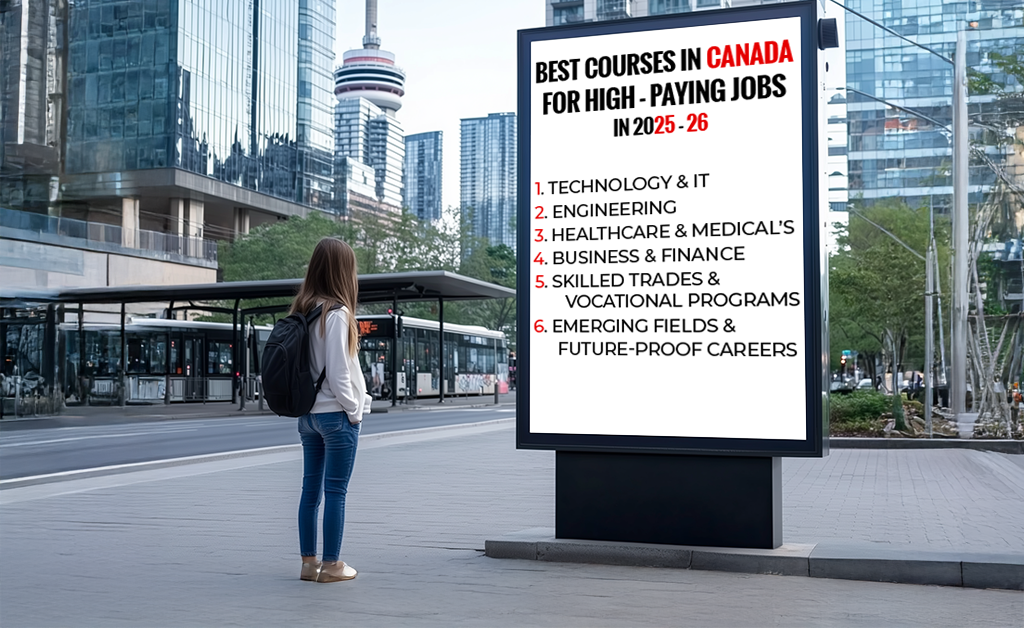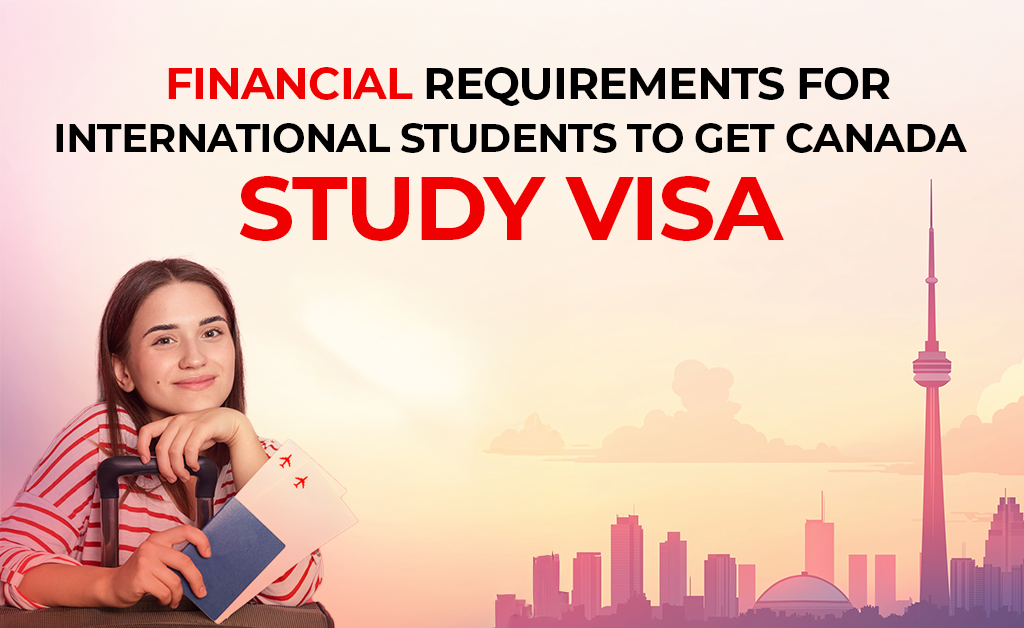Navigating the immigration process can be daunting, but asking the right questions can make all the difference. Before you submit your application, consider these important questions to ensure your journey is as smooth as possible.
1. Am I Eligible for the Visa or Immigration Program?
Understanding the eligibility criteria is crucial. Investigate the specific requirements for the visa or immigration program you are applying for to ensure you meet all the necessary conditions. This can vary significantly between programs, such as the different criteria for Canada’s Express Entry system versus the Quebec Skilled Worker Immigration process. Factors such as your age, education, work experience, and language proficiency can all play a role in determining your eligibility. Contacting an immigration consultant for a Check Eligibility can also be very helpful. Additionally, there are often specific quotas and selection criteria that change periodically. It’s beneficial to be updated on how these might affect your eligibility. For instance, understanding the Comprehensive Ranking Score (CRS) if you’re applying for Canadian immigration can help you better prepare and assess your chances of getting invited to apply.
2. What Documents Do I Need to Include?
Gathering the required documents can be a complex task. Make a checklist of all the supporting documents you need to include to ensure nothing is missed. This typically includes identification documents like your passport, educational and professional certificates, proof of language proficiency, and more. It’s essential to have both original and certified copies, where applicable. Some immigration programs may require additional documentation. For example, the Quebec Skilled Worker process involves specific documents that differ from the general Canadian immigration requirements, such as a Certificat de sélection du Québec (CSQ). Be sure to collect all required paperwork well in advance to avoid last-minute delays.
3. How Long Will the Application Process Take?
Knowing the timeline for processing your application can help you plan accordingly. Look into the average processing times for your specific visa or immigration type. For instance, processing times for the Express Entry system are generally quicker, ranging from a few months, while other programs might take longer. Keeping track of the processing time will help you manage expectations and plan key aspects of your life, such as employment and housing, during the transition. It’s important to also be aware of potential delays. Certain periods, like holiday seasons or global events, can impact processing times. To stay updated on your application status, consider checking latest updates and blogs on immigration provided by expert consultants.
4. What Are the Fees Involved?
Immigration applications often come with various fees. Be sure to understand all the costs involved, including application fees, processing fees, and any additional charges like medical examinations and police clearance certificates. Creating a budget for these expenses is a good idea. For example, the fees involved for a federal skilled worker application under Express Entry might differ from those for a Quebec Skilled Worker application. Take the time to review the full list of required fees to avoid unexpected surprises during the process.
5. Do I Need Professional Help?
Consider whether you need the assistance of an immigration consultant or attorney. Professional help can provide valuable guidance and increase your chances of success. Immigration consultants, such as those at Croyez Immigration, offer services to help you understand the requirements, gather documentation, and submit your application accurately. While hiring a professional might involve additional costs, the expertise they provide can be invaluable. They can help you navigate complex scenarios, such as addressing potential red flags in your application or helping with necessary appeals if your application is initially denied.
6. What Are My Rights and Responsibilities?
It’s important to be aware of your rights and responsibilities throughout the immigration process. Understanding these can help you navigate the process more confidently. For example, knowing your rights during a visa interview can help you prepare better and present yourself effectively. Detailed information is available in resources such as the U.S. Visa Interview. Your responsibilities may include submitting additional documents, attending interviews, and following up on your application status. Failing to fulfill these responsibilities can result in delays or even denials of your application. Make sure you’re fully informed about what’s expected of you as you proceed through the immigration journey.
7. Are There Any Recent Changes to Immigration Policies?
Immigration laws and policies can change frequently. Stay updated on any recent changes that might affect your application or the criteria for approval. Staying updated on policy changes can be as simple as following reliable immigration news sources or consulting with your immigration consultant. For instance, keeping an eye on the Croyez Immigration Blog can provide valuable insights and updates. Whether it’s a change in eligibility criteria, required documents, or even processing times, being aware of these updates can save you a lot of trouble and help you adapt your application to meet the latest requirements.
8. What Should I Do If My Application Is Denied?
It’s essential to have a plan in case your application is denied. Know your options for appeal or reapplication and understand the steps you need to take next. Understanding the reasons for denial can often be as important as knowing how to move forward. Some common steps include submitting additional documentation, providing clarifications, or even appealing the decision. Resources like the U.S. Department of State’s guidelines on visa interviews can give you a clear idea of how to prepare and what to expect, helping you identify what might have gone wrong and how to correct it.






